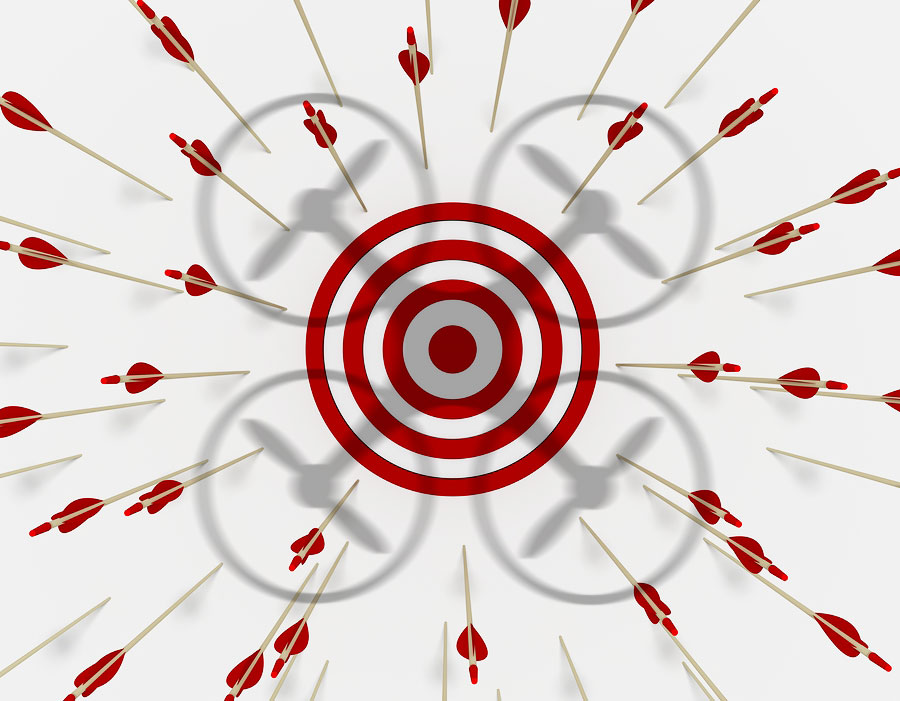
Robohub.org
California drone bill misses the mark
 Last week, the California state Assembly approved Senate Bill 142 which, if adopted, would restrict drone operators from flying below 350 feet above ground level (AGL) over real property unless they obtain the owner’s permission. The Bill passed on a 43-11 vote and will proceed to the Governor who will have an opportunity to veto it. Although the intent of the Bill – the protection of privacy – merits pursuit, the Bill as amended on June 30th is problematic in multiple respects and should be denied passage.
Last week, the California state Assembly approved Senate Bill 142 which, if adopted, would restrict drone operators from flying below 350 feet above ground level (AGL) over real property unless they obtain the owner’s permission. The Bill passed on a 43-11 vote and will proceed to the Governor who will have an opportunity to veto it. Although the intent of the Bill – the protection of privacy – merits pursuit, the Bill as amended on June 30th is problematic in multiple respects and should be denied passage.
The Bill may have unintended consequences for safety by failing to consider that the FAA currently limits operations above 400 feet AGL. By establishing an arbitrary 350-foot limit above real property, the Bill would confine drone operations to a narrow 50-foot corridor, which would result in increased congestion, move many operations closer to manned aircraft than needed and may lead to an increased risk of accidents.
The Bill is over-broad in its attempt to achieve privacy – it does not even distinguish between drones that have cameras and those that do not. The Bill is also ineffective, for instance it does not restrict operators from capturing images and videos of private property that are taken from a vantage point just outside of the owner’s property line. And since Congress has mandated the FAA to integrate drones into the national airspace, the Bill may trigger a constitutional challenge based on federal preemption.
California has existing laws that can be applied to drones, including trespass and anti-paparazzi laws. Nevertheless, if California lawmakers are resolved that current laws are insufficient to protect against the risks posed by drones, they should dispense with the current Bill and introduce legislation that is narrowly tailored and likely to be effective in achieving its purpose.
tags: c-Aerial, cx-Politics-Law-Society, drone regulations, drones, FAA, privacy, UAVs




